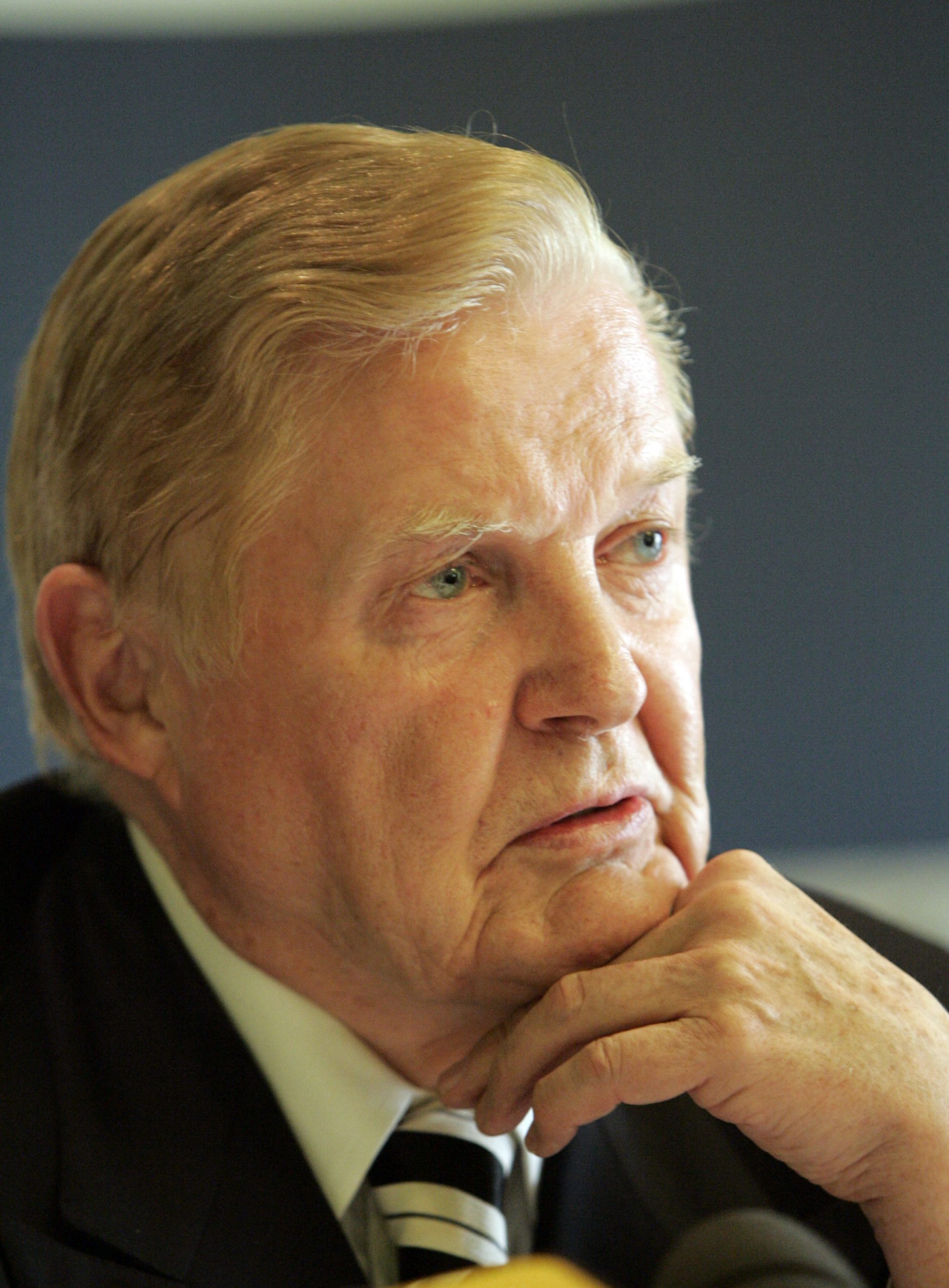Famed Columbia University economist Robert Mundell, who popularized the theory of supply-side economics, has died. He was 88.
Mundell, a Canadian American, died Saturday morning at his home in Italy. He, along with his close associate Arthur Laffer, developed the school of supply-side economics in the 1970s. They theorized that increasing free trade and lowering taxes and regulations would increase economic growth. Laffer confirmed Mundell’s death to the Washington Examiner on Monday morning, as did Columbia.
Mundell was diagnosed with cancer earlier this year, and with no good options for long-term treatment, he was brought from the hospital to his Italian home, where he died peacefully, his wife Valerie Natsios Mundell said in a statement.
Natsios Mundell said they hope to have a memorial service when it’s safe to gather, adding, “May his memory be eternal.”
Mundell and Laffer’s work came to life in the 1980s during President Ronald Reagan’s administration. Reagan’s signature tax reform bill in 1986 reduced federal income tax rates and consolidated tax brackets.
BIDEN INFRASTRUCTURE PLAN FUNDED BY CORPORATE TAXES, IMPERILING BUSINESS SUPPORT
The longtime professor had ties to Europe and was also the so-called “father” of the euro. He was a major proponent of the Economic and Monetary Union of the European Union and taught in both the United Kingdom and Italy. In, 1999 Mundell won the Nobel Prize in Economic Sciences.

Brian Domitrovic, a professor at Sam Houston State University who wrote a book about the history of supply-side economics, described Mundell as “the Zeus of economics” in an article memorializing his life and accomplishments.
CLICK HERE TO READ MORE FROM THE WASHINGTON EXAMINER
“Mundell was an impossible amalgam of theoretical genius, algebraic, and especially geometrical lucidity, cultural sensibility, and unmeasurable practical influence,” Domitrovic said.
Laffer, who described Mundell as his best friend, said he was grateful to get to work with him for the decades they knew each other.
“He was the single best economist in the last century, if not longer,” Laffer said. “I was very lucky to be his tag-along throughout his career. He was my mentor and dear, dear friend.”
“While I’m sad about his passing, I’m just thrilled that I was able to have a life involving him as much as it did,” Laffer said, adding that Mundell was a kind person and a renaissance man. “He knew more about paintings than any expert that I’ve ever seen.”

